
TAGTIK NEWS - TO THE POINT
Born on October 21: Manfred Mann still lives on planet Earth Band
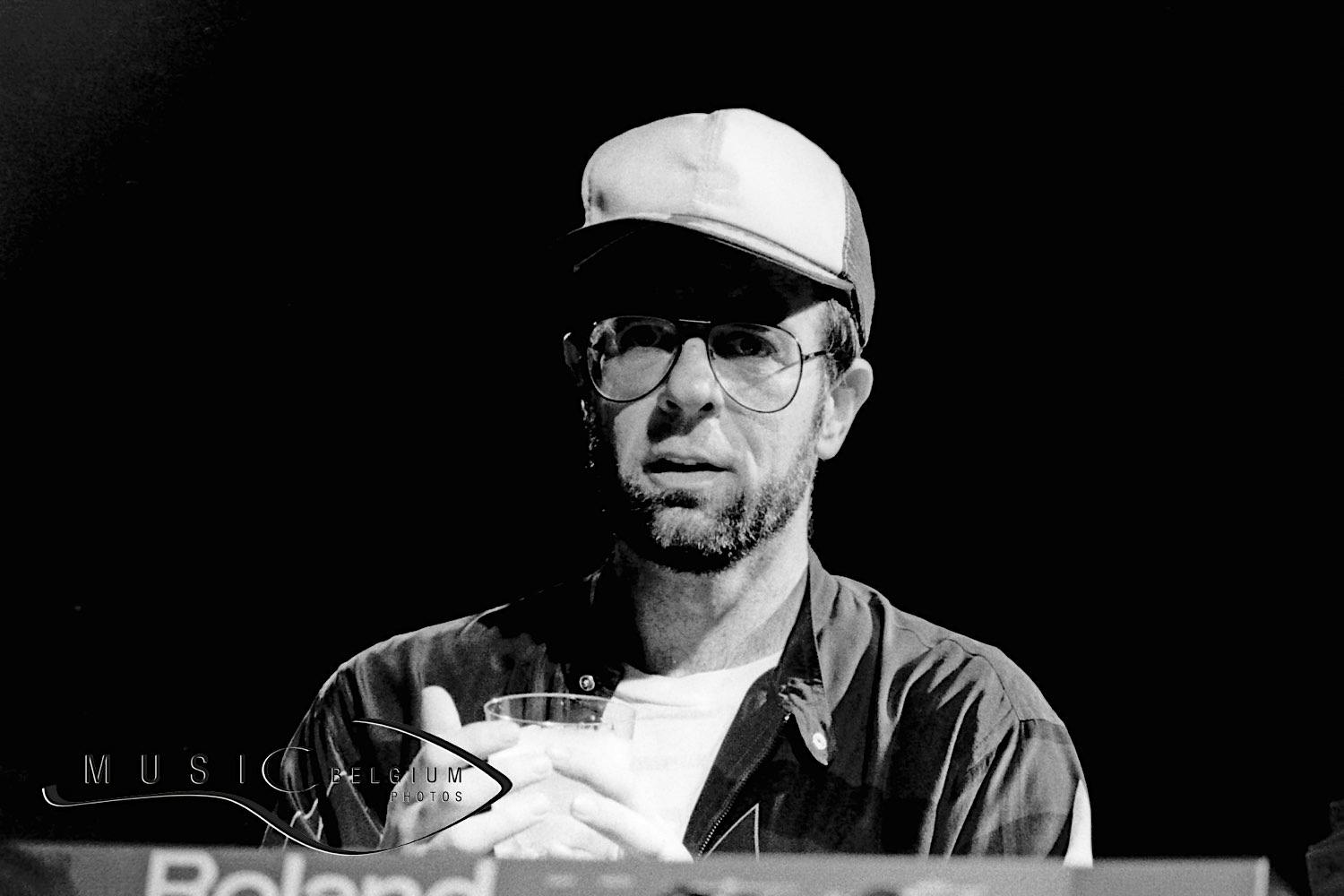
Manfred Sepse Lubowitz was born in 1940 in Johannesburg, South Africa, and built his entire career in London in the early 1960s.
A British keyboardist, composer, and producer of South African descent, he made his mark on the still-nascent history of English rock in the 1960s and 1970s. Born into a Jewish family in South Africa, Manfred Lubowitz began studying classical music at a young age. Passionate about the piano and influenced by jazz figures such as Thelonious Monk and Horace Silver, he quickly abandoned what was considered great music for the Blue Note and later melodic rock tinged with blues.
In 1961, he left South Africa to escape apartheid and find an environment more conducive to his artistic expression. Upon settling in London, he adopted the pseudonym Manfred Mann, apparently inspired by the surname of jazz drummer Shelly Manne.
In 1962, he founded the Manfred Mann Quintet, which later became simply Manfred Mann. The group recorded a series of hits such as "Wah Diddy Diddy" (1964), "Pretty Flamingo" (1966), and the immortal "Mighty Quinn" (1968), a clever blend of rhythm and blues and rock in which the voices of Paul Jones and later Mike d'Abo played a prominent role. Manfred's organ lines completed the melodic signature of the group's early years.
After the group disbanded in 1969, Manfred Mann founded Manfred Mann Chapter Three, a more experimental project blending rock and progressive jazz. This group preceded the formation of the legendary Manfred Mann's Earth Band in 1971, which quickly established itself as a benchmark in progressive rock with tracks like "Spirits In The Night," "Blinded By The Light," and "Davy's On The Road Again."
With the Earth Band, Manfred Mann explored more complex sonic textures and more ambitious arrangements, while continuing to revisit songs by other artists. Their cover of Bruce Springsteen's "Blinded by the Light" became a huge worldwide hit in 1976, reaching the top of the US charts.
While not officially retiring, Manfred Mann hasn't written many new songs for a long time, but continues to perform live, albeit on rarer occasions. His last proper album, which he considers more of a solo and experimental exercise, dates back to 2004 and, oddly enough, is titled "2006"!
Surprisingly, some of his biggest hits, like "For You," have recently been tweaked by sound wizards to find a new lease of life in record stores. An unexpected new lease of life for the long-time octogenarian artist...
(MH with Stéphane Soupart - Photo : © Etienne Tordoir)
Photo: Manfred Mann at the Differdange Sports Center (Grand Duchy) on May 14, 1986
LATEST NEWS
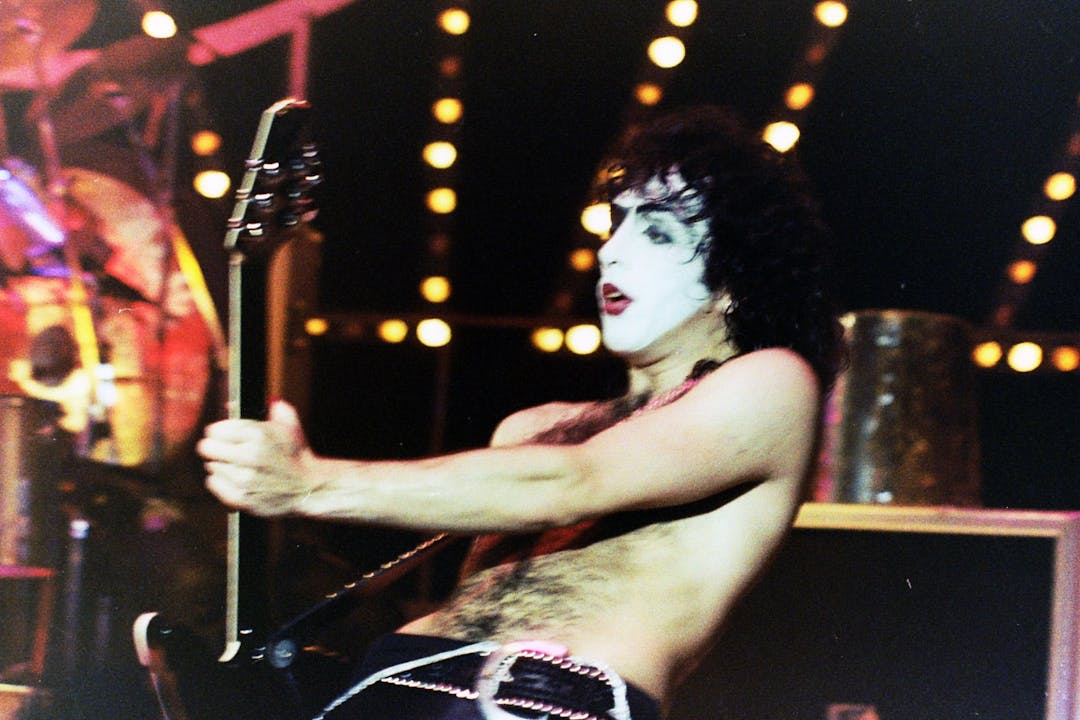
Born on January 20: Paul Stanley (KISS) promises not to touch make-up!
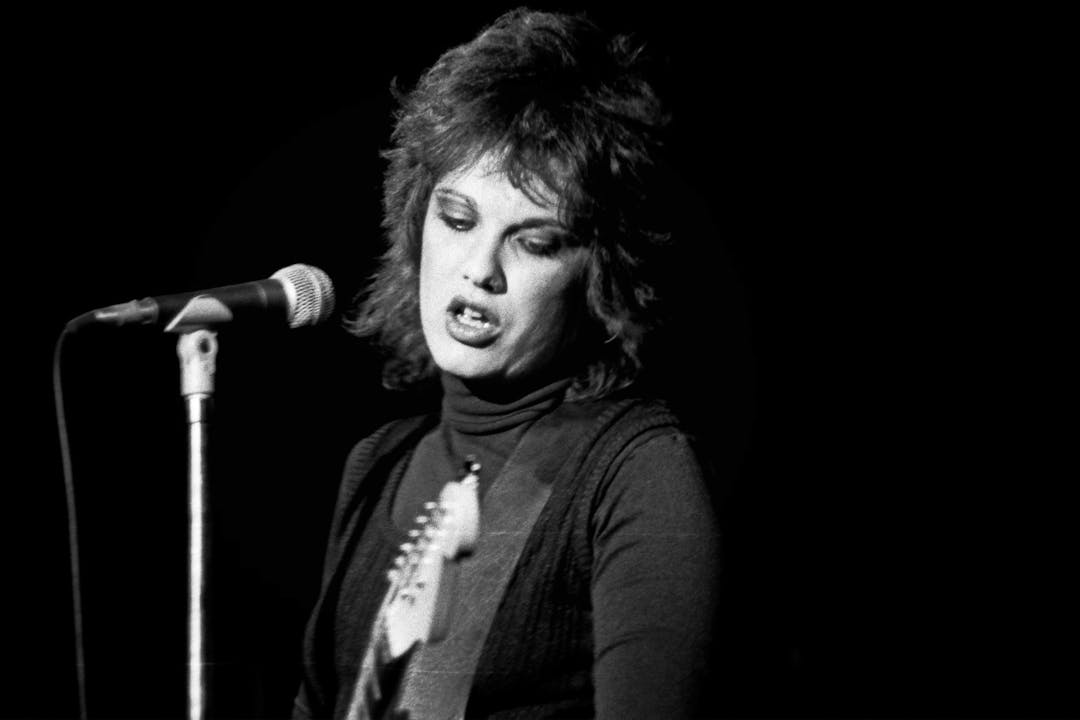
Born on January 19: Martha Davis, the Motels' singer's troubled life
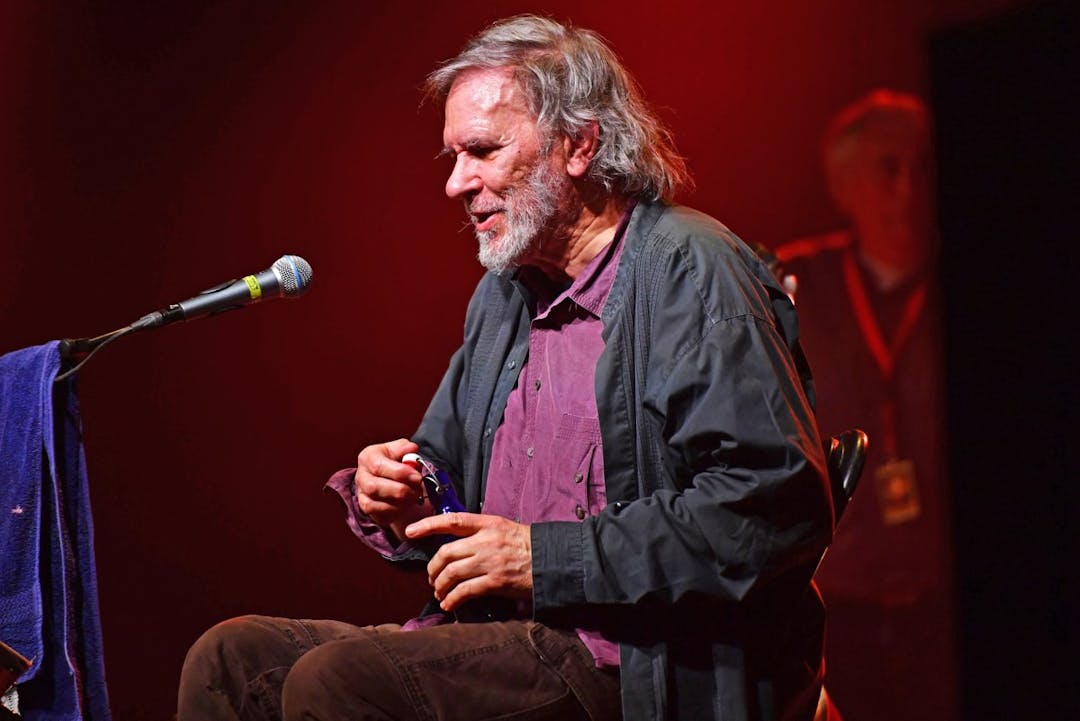
RIP: The legendary Tucker Zimmerman has passed away at the age of 84.
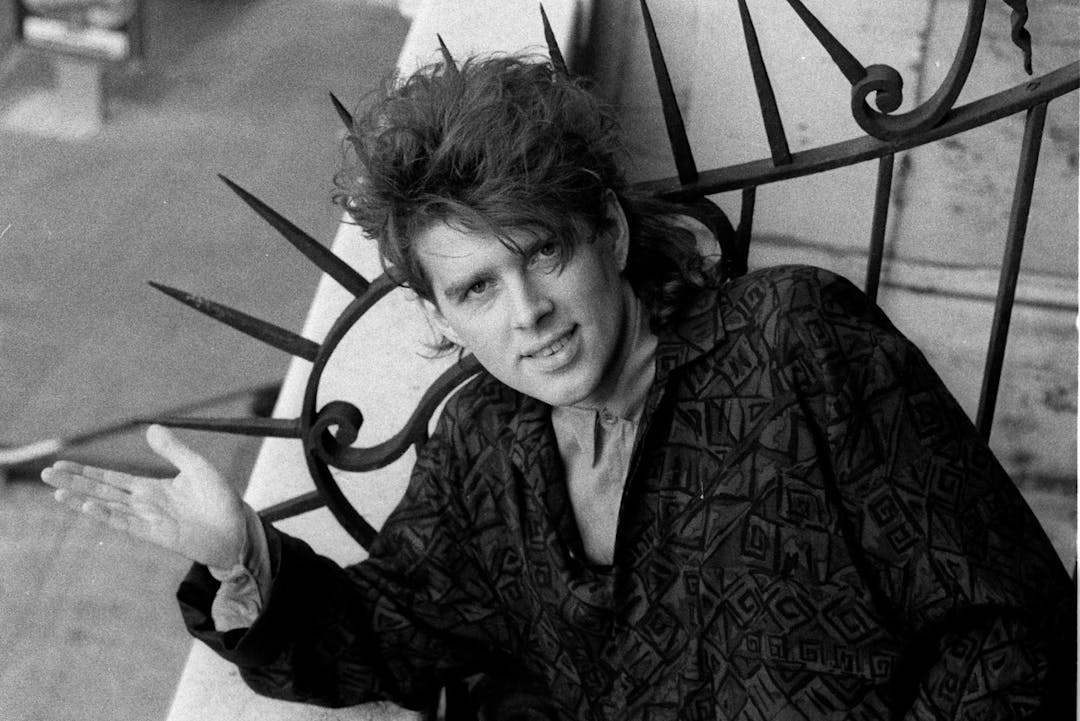
Born on January 18: Tom Bailey (Thompson Twins) always calls his "Doctor! Doctor!"
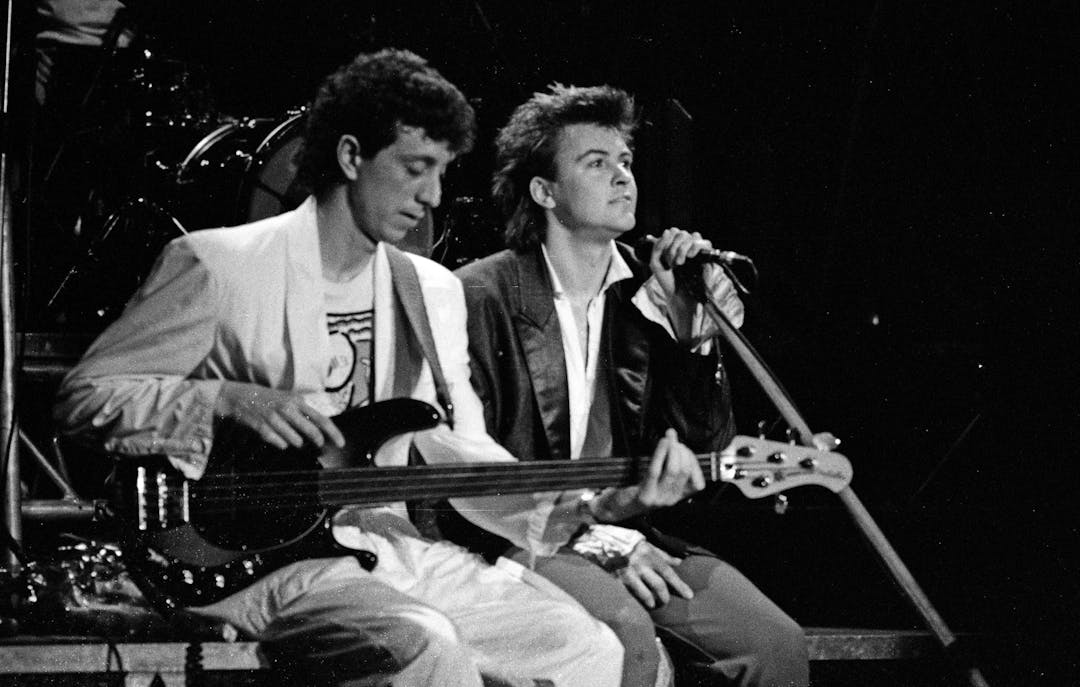
Born on January 17: Paul Young holds on to his crown as king of romantic ballads
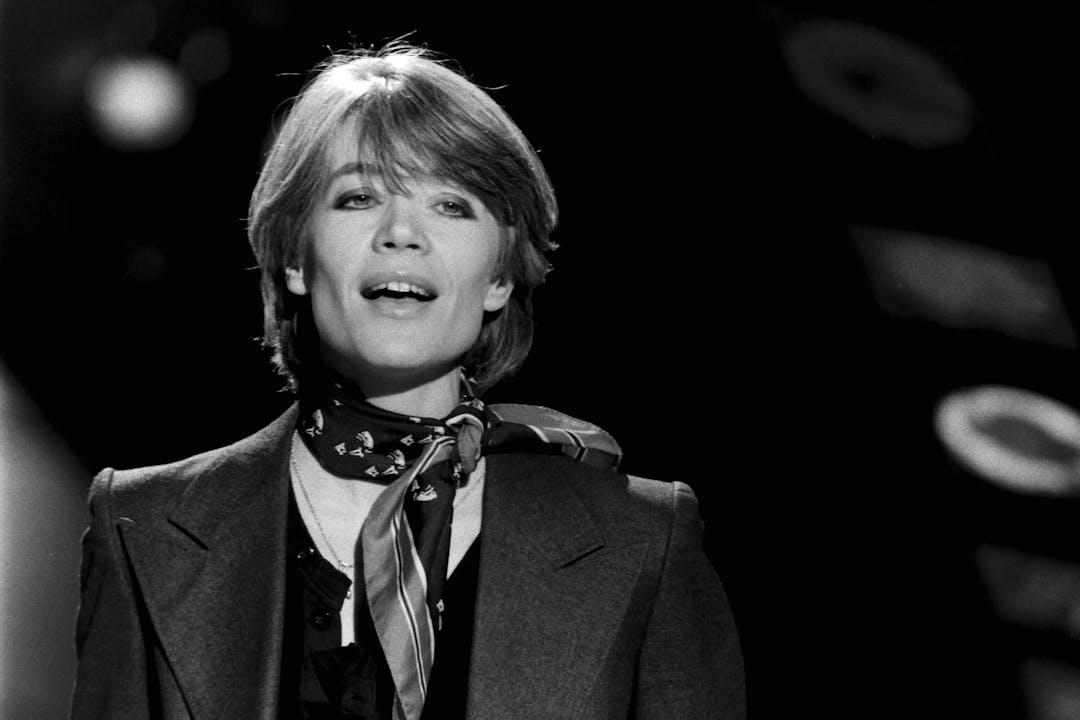
Born on January 17: Françoise Hardy left to find the stars in 2024
Quick links